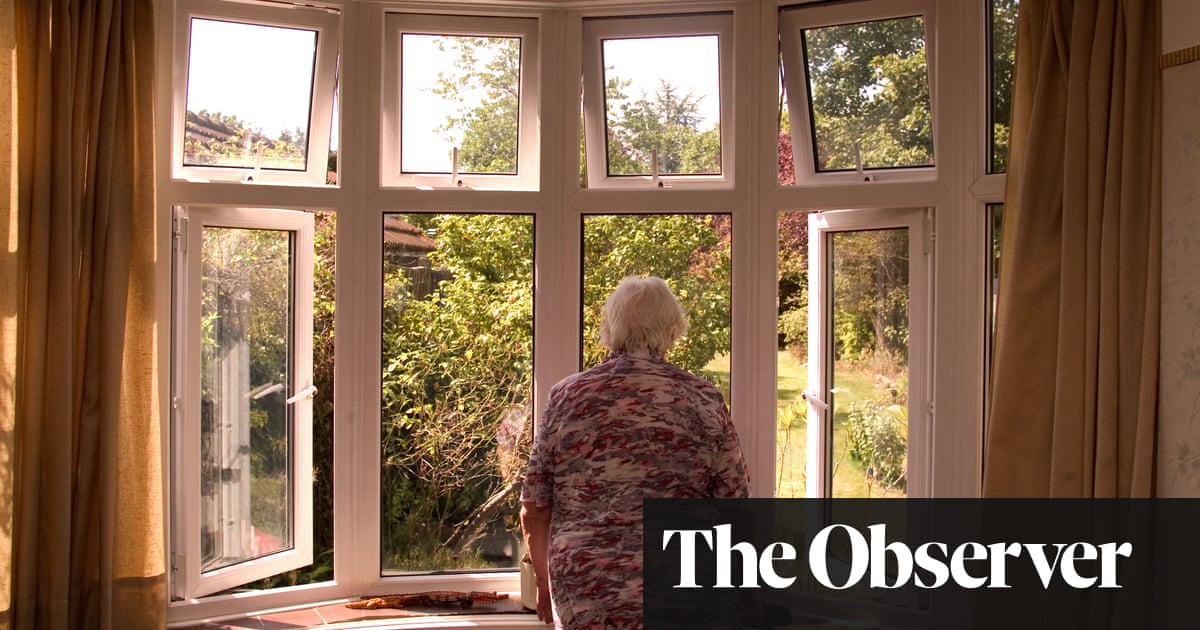
The question I am 32-year-old man with a successful career and a loving girlfriend. I’ve suffered my fair share of trauma in my childhood and adult life and have some health issues. The problem I have right now is that my anxiety levels are so high that every morning I am frozen in fear. I struggle to get washed and dressed and have no motivation to get up and go. But it isn’t really just that. I feel physically sick at the thought of leaving the safe confines of my bedroom. I tend to watch the same TV shows for escapism over and over again. The only time I truly feel safe is at night when everyone is asleep and I’m alone – the world is quiet and it’s just me. I fear disaster and fear people expecting things of me. I am scared I will be trapped in their expectations and I won’t be able to meet them. I’m so demotivated at work and struggle to actually perform as I should. I have a high-pressure job and feel deeply insecure all the time. What can I do?
Philippa’s answer Telling me about this might not have been easy. I admire you for taking that step. Here is another: I want you to notice your breathing. Stop reading this for 10 seconds or so and notice how you breathe. OK, take 20 seconds now, and it doesn’t matter if it’s longer or shorter than that – I really want you to notice the in-breath and then your out-breath. This is you having contact with yourself in the present. When you notice how you are breathing, do you slow your breathing down? Before you get up in the morning, lie in bed being aware of your breath for a minute or two. Your attention will wander; bring it back to your breath. I don’t know about you, but I did this exercise as I typed and I felt the tiniest bit calmer – each bit of calming helps.
You’ve discovered you need alone time to regain equilibrium, and this is OK. If you have a fear of the unknown, then replaying a TV programme where you know what is going to happen means you have control of the future: you can predict with accuracy the outcome. It’s understandable that you find this soothing as you’ve had trauma in your life. Trauma often means having shocks. When you can’t be alone in your room with the TV, it sounds as if you keep your body in a constant state of readiness. Your tense muscles are eager to prepare you so that you won’t be shocked next time “it” happens – whatever “it” is. This way of organising your body has also served you well, because you have a successful career and a lovely girlfriend, so there might almost be a subconscious superstition that you must always arrange yourself on this sort of precipice for good fortune to continue. We can get attached to worry in this way and it isn’t as helpful as we unconsciously assume. But it’s OK now to turn that high alert state down a few notches.
When you are feeling anxious I want you to scan your body to notice which of your muscles are tight, which are loose. Then I’d like you to experiment tightening where you are already tight and collapsing where you are loose, one notch at a time, and notice how you feel as you do this. It’s easier to tense up more than it is to just relax, and when we become more aware of how we make ourselves tense, we can begin to learn how to disorganise that system. This exercise will also help you get out of your mind and into your senses.
If you go to your doctor you can get medication for anxiety to tide you over while you do the work you need to get more control over your tension and it will be easier to do this if you work with a therapist. I would recommend a psychotherapist who works with the body as well as the mind for your issues. It is in our bodies that we hold anxiety and the traumas that gave it to us.
There is more you can do. To stop anxiety whirling around in your head, get your fears down on paper in a numbered list. Make it as specific as you can. Then change all the what-ifs into so-whats and notice how altering your language like this makes you feel.
Develop your observer part. Keep a journal of moods, sensations and observations. This part is not part of your gratitude, or your anxiety, or your love or your fear, it just observes the different emotions and sensations you have. Speak from this part. This means instead of saying, “I’m anxious” you’ll say, “I notice I am feeling anxious.” The former is a whole-body definition and the latter is you noticing that a part of you is anxious. You can even separate further from your anxiety by giving it a persona, calling it “Mr Anxiety” or whatever seems right. It’s a small tweak but you will find that it makes a difference.
You have a successful career and a good relationship, which is great. This means that you have other sides to you that function well. You can learn to use these parts so that anxiety doesn’t keep the upper hand.
Recommended reading: Bessel van der Kolk’s The Body Keeps The Score. For body psychotherapy, see eabp.org












